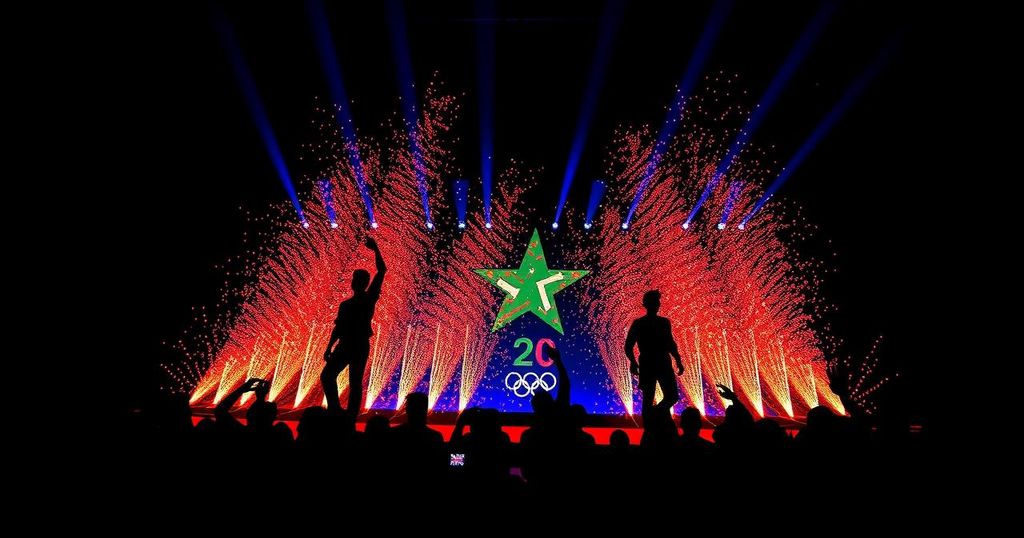Japan’s Triumph at the Paris 2024 Olympic Games: An Analytical Perspective
The Conclusion of the Paris 2024 Olympic Games: A Glimpse at Japan’s Performance
The Paris 2024 Olympic Games, which concluded on August 11, 2024, marked a remarkable achievement for Japan, as the nation secured a total of 45 medals, comprising 20 gold, 12 silver, and 13 bronze. This medal tally represents Japan’s highest accomplishment in Olympic history outside of its home Games in Tokyo 2020, where the country amassed 58 medals, consisting of 27 gold, 14 silver, and 17 bronze. The Paris Games were particularly notable for the participation of young Japanese athletes who excelled in various disciplines, including women’s skateboarding, men’s diving, and women’s table tennis. Furthermore, Japan achieved medals in several sports, such as men’s diving, modern pentathlon, and equestrian, either for the first time or after an extensive hiatus.
Japan’s performance positioned it as the third highest in gold medal counts among the 203 participating National Olympic Committees, exceeded only by the United States and China. Overall, Japan ranked sixth in total medal counts, trailing behind the United States, China, Great Britain, France, and Australia.
A consideration of economic and demographic influences reveals that, while Japan’s performance can be partially attributed to its wealth and population size, such factors alone cannot account for the entirety of its success. A regression analysis demonstrated a significant correlation between the number of Olympic medals and a country’s population and GDP per capita. Nevertheless, this model left substantial unexplained variance, suggesting that Japan outperformed expectations based on these metrics.
It is essential to explore potential additional contributing factors to this phenomenon. One area of inquiry is the level of diversity within a country. The Paris Olympics was the inaugural instance where the number of male and female athletes was equal, yet Japan’s lack of progress in gender equality and international migration raises questions. Despite the general belief that these factors might enhance a nation’s Olympic performance, when investigating their influence within Japan’s context, the results were inconclusive.
In conclusion, Japan’s remarkable achievement at the Paris 2024 Olympic Games remains somewhat enigmatic. While the extraordinary dedication of its athletes and the support from various organizations likely played a significant role, the precise elements contributing to Japan’s impressive medal haul require further investigation. The ongoing quest to uncover these factors presents a fascinating opportunity for future research, as it holds the potential to deepen our understanding of the intersection between sociopolitical dynamics and athletic success.








Post Comment